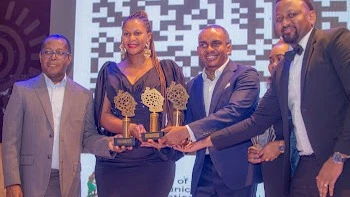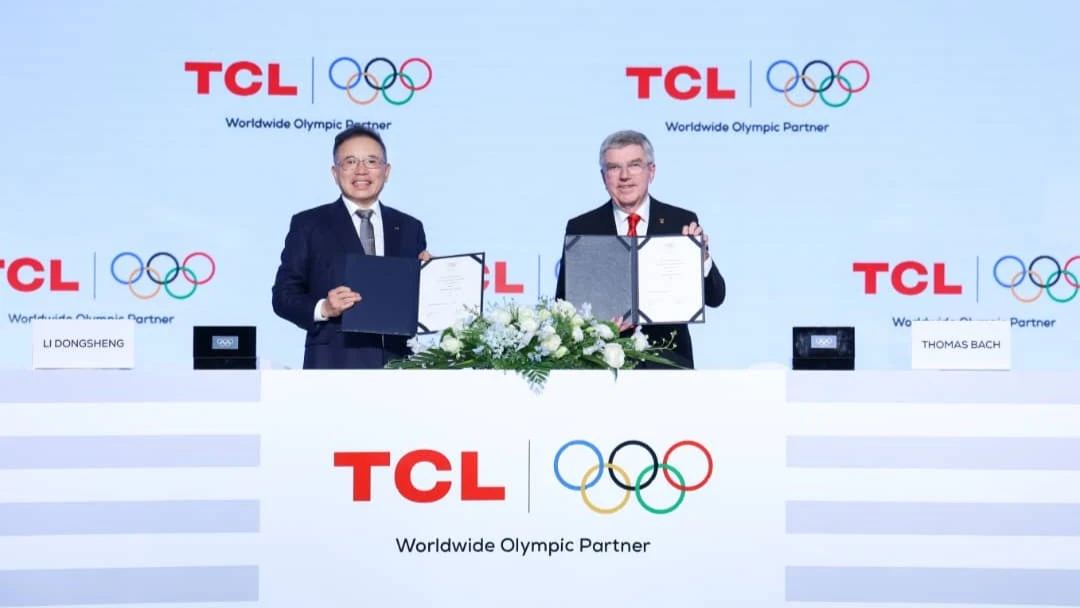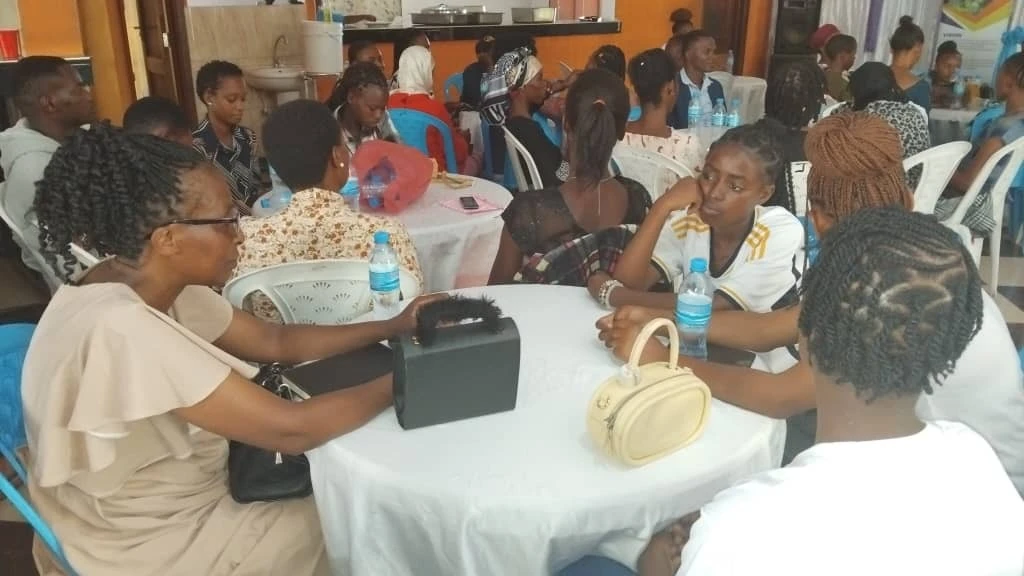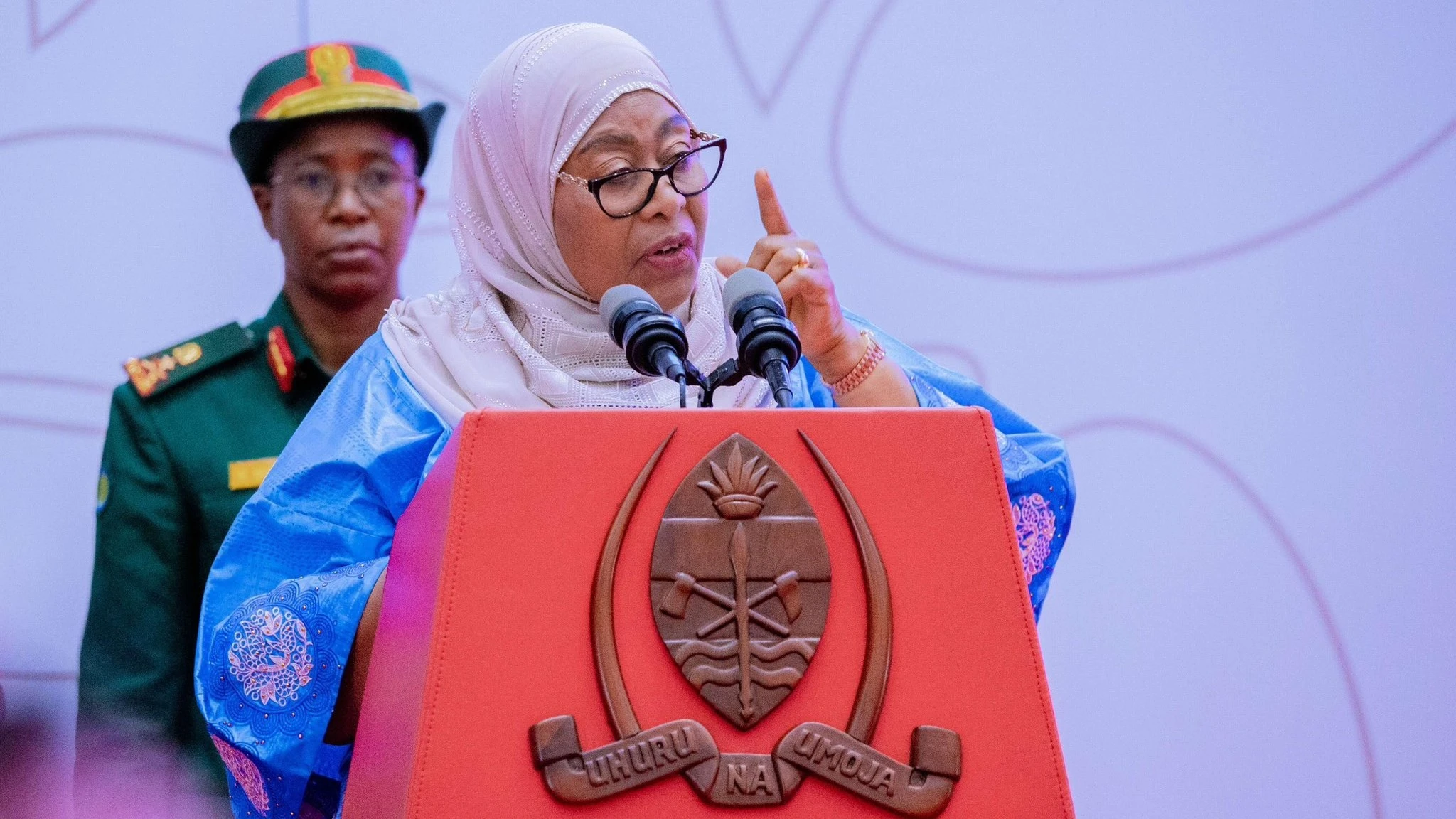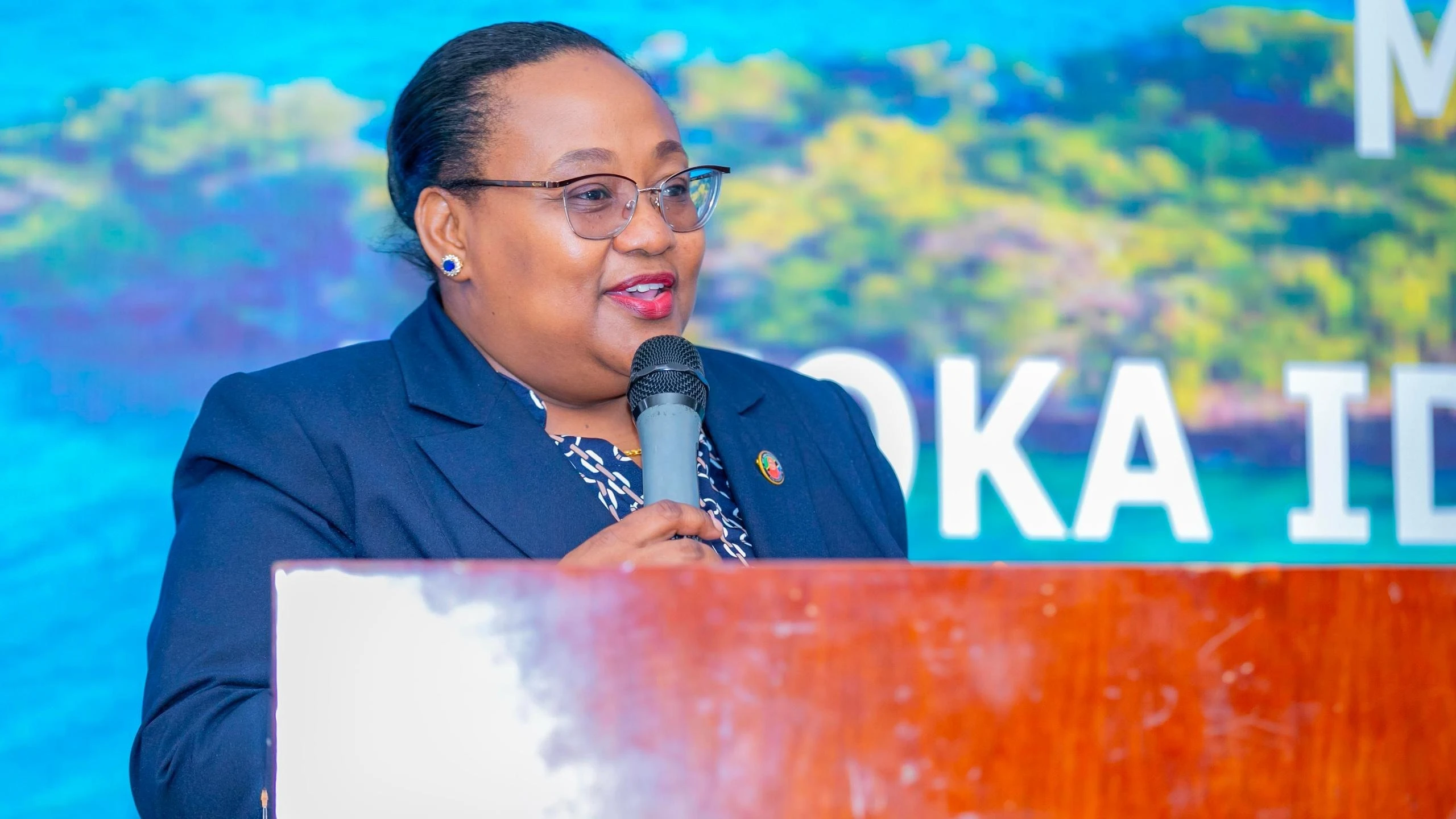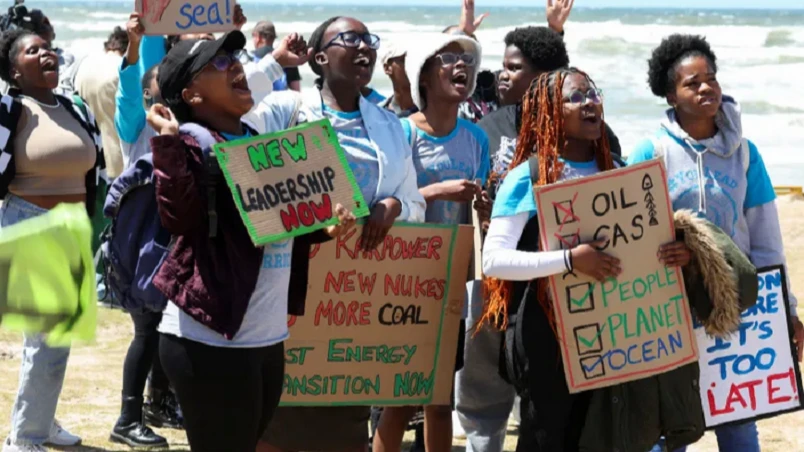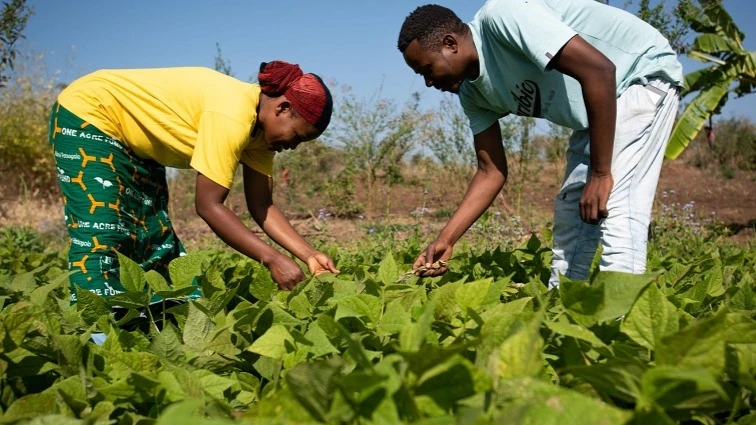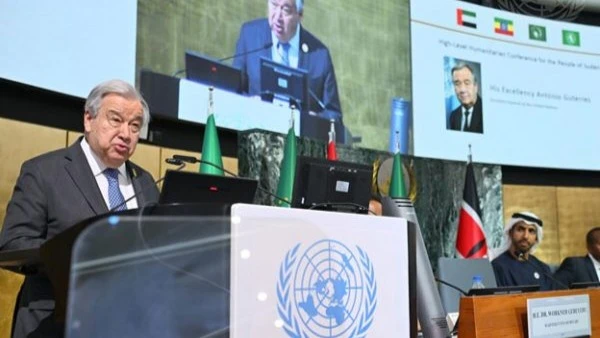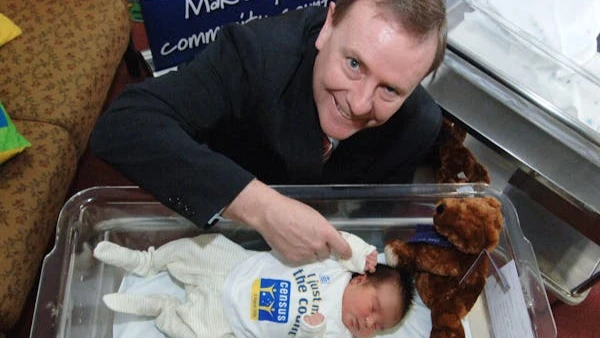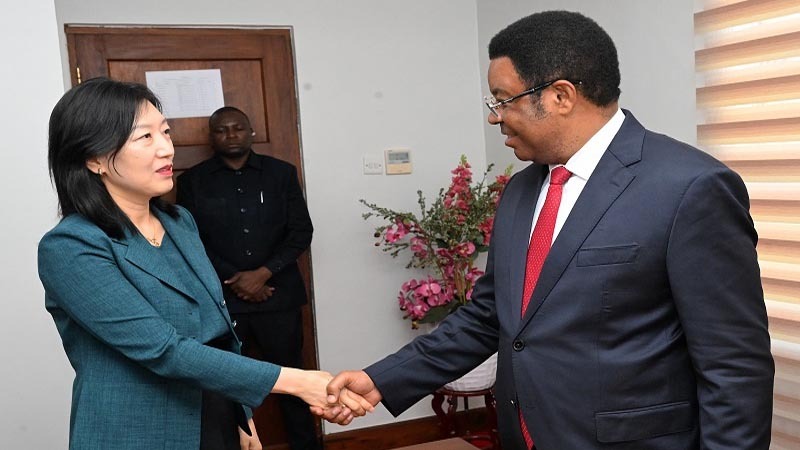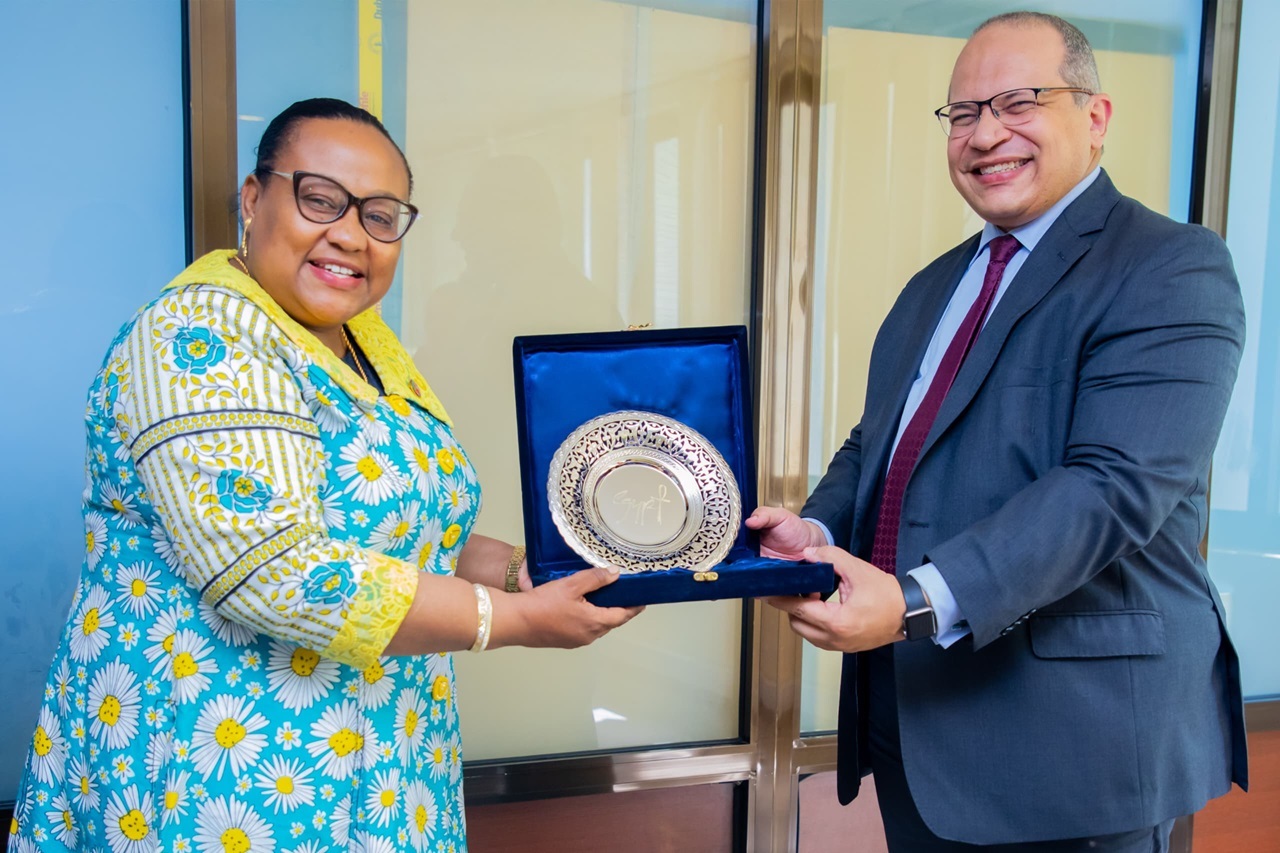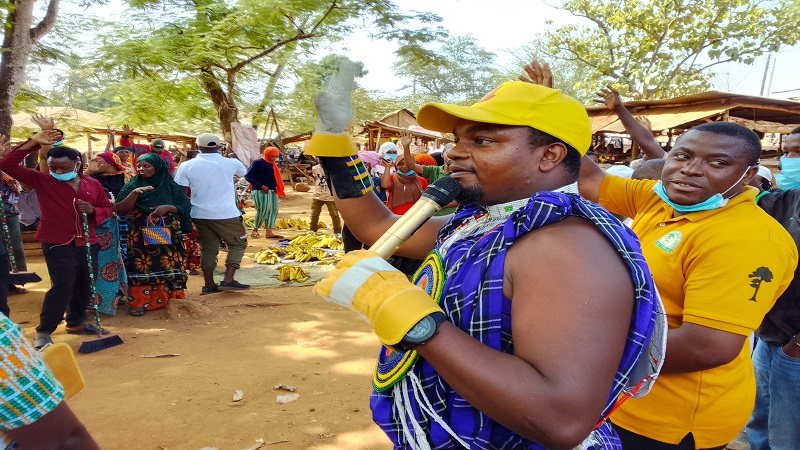Clean cooking in African schools partnership to prioritise Tanzania
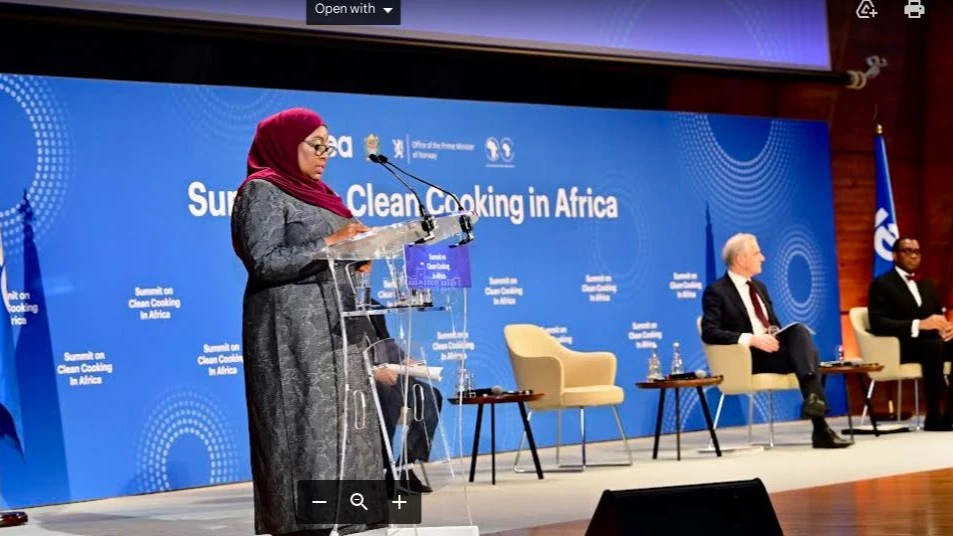
SUSTAINABLE Energy for All (SEforAll) and the World Food Programme (WFP) have announced an innovative partnership focused on bringing clean and efficient cooking solutions to schools in Africa with starting country being Tanzania.
The partnership was announced during the Summit on Clean Cooking in Africa yesterday in Paris, France.
The move helps them shift away from polluting and harmful cooking methods currently used for preparing student meals.
Transitioning schools to clean, affordable and reliable cooking solutions, such as electric cooking (eCooking), improves the health of students, teachers and cooks by reducing their exposure to air pollution generated in school kitchens.
It also improves wider economic and social outcomes, for example by eliminating time spent collecting firewood, while protecting the environment from emissions and deforestation from firewood use.
WFP has more than six decades of expertise providing and supporting school meals programmes, and SEforALL is dedicated to ending energy poverty and fighting climate change, so the two organizations saw a strong opportunity to further their respective missions by focusing on bringing sustainable energy to school meal programmes.
The partnership will first focus on implementing projects in Tanzania, where President Samia Suluhu Hassan has set a goal to deliver clean cooking solutions to 80 percent of the population by 2033.
SEforALL and WFP, together with the government of Tanzania and the UKAid-funded Modern Energy Cooking Services (MECS) programme, have already begun work on creating an eCooking programme in Tanzania that targets an initial 50 schools. These are primary schools with school feeding programmes that are connected to the national electricity grid, which offers an immediate opportunity to provide clean eCooking solutions that will feed more than 2,500 students.
Beyond the initial 50 schools, the partnership has identified more than 5,000 grid-connected schools in Tanzania for potential expansion of the programme, with more expected to join as electrification extension progresses. Using learnings from Tanzania, WFP and SEforALL will look to scale the programme to other countries as well. The partners have the ambition of reaching 10,000 schools and 5 million children globally in the next 3 years and are calling for an investment of about USD 100 million combined with carbon financing, to achieve this target.
Top Headlines
© 2025 IPPMEDIA.COM. ALL RIGHTS RESERVED








